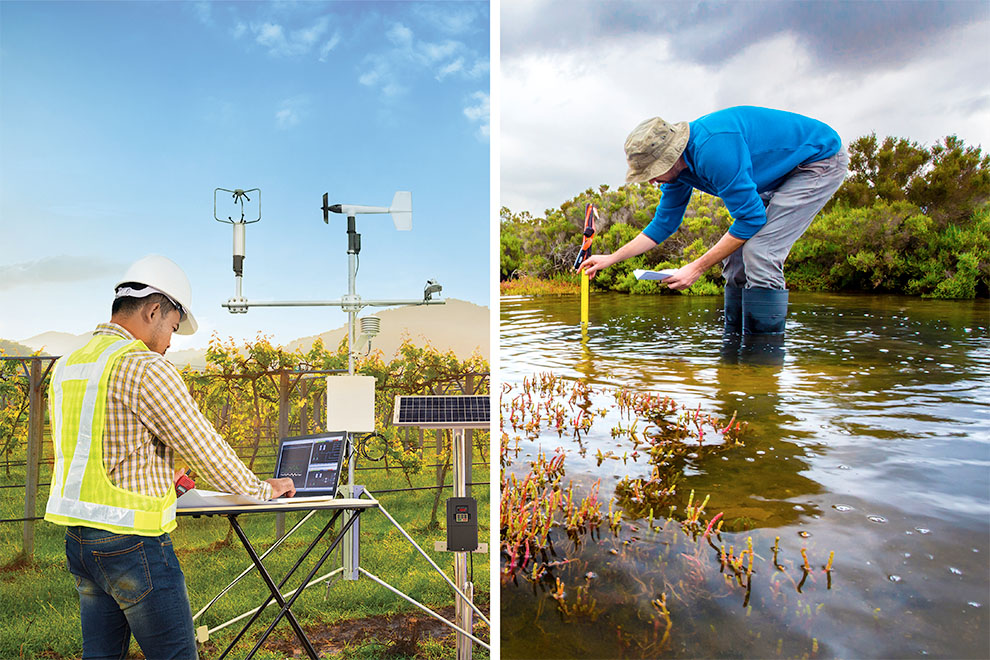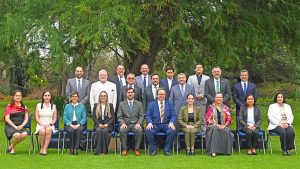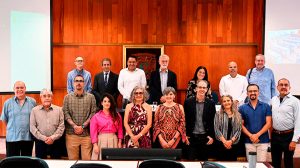Interdisciplinary Action Is Key to Addressing Climate Change
If global temperatures rise by 1.5 degrees Celsius, between 90 and 95 percent of endemic species could face extinction. A 3-degree increase would cause a drastic loss of biodiversity in island and mountain regions, warned Julia Carabias Lillo, a researcher at UNAM’s College of Sciences.
At the 2025 Summit of Mexican University Presidents for Climate Action, Julia Carabias, recipient of an honorary doctorate from UNAM, warned that if current trends continue, the Intergovernmental Panel on Climate Change predicts the extinction of up to one million species by the end of the century. Such a scenario, she said, would be catastrophic.
She explained that in cloud forests, animals can migrate, but plant species cannot. Some ecosystems could collapse as a result. To keep up with climate change, plants would have to shift their range by up to 10 kilometers per year, which isn’t realistic. This could lead to widespread extinctions, particularly among animals.
To achieve meaningful progress, Carabias recommended adopting comprehensive strategies, including a conservation policy that guarantees zero deforestation. This is particularly crucial for megadiverse countries like Mexico.
Regarding food systems, she called for reducing waste, cutting back on meat consumption, and rebuilding a connection with natural ecosystems. She also emphasized the need for an energy policy based on clean energy sources and a gradual move away from fossil fuels, which will require changes in current laws and regulations.
She also highlighted the need to reduce natural resource extraction by promoting reuse, repair, restoration, and recycling. Other key priorities include eliminating toxic substances, encouraging sustainable consumption, increasing and diversifying funding, and developing resilient, sustainable cities with better public transportation.










